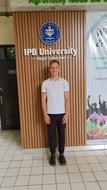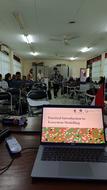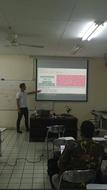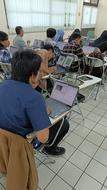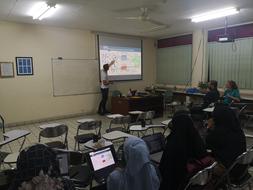Workshop on Practical Introduction to Ecosystem Modelling, Indonesia
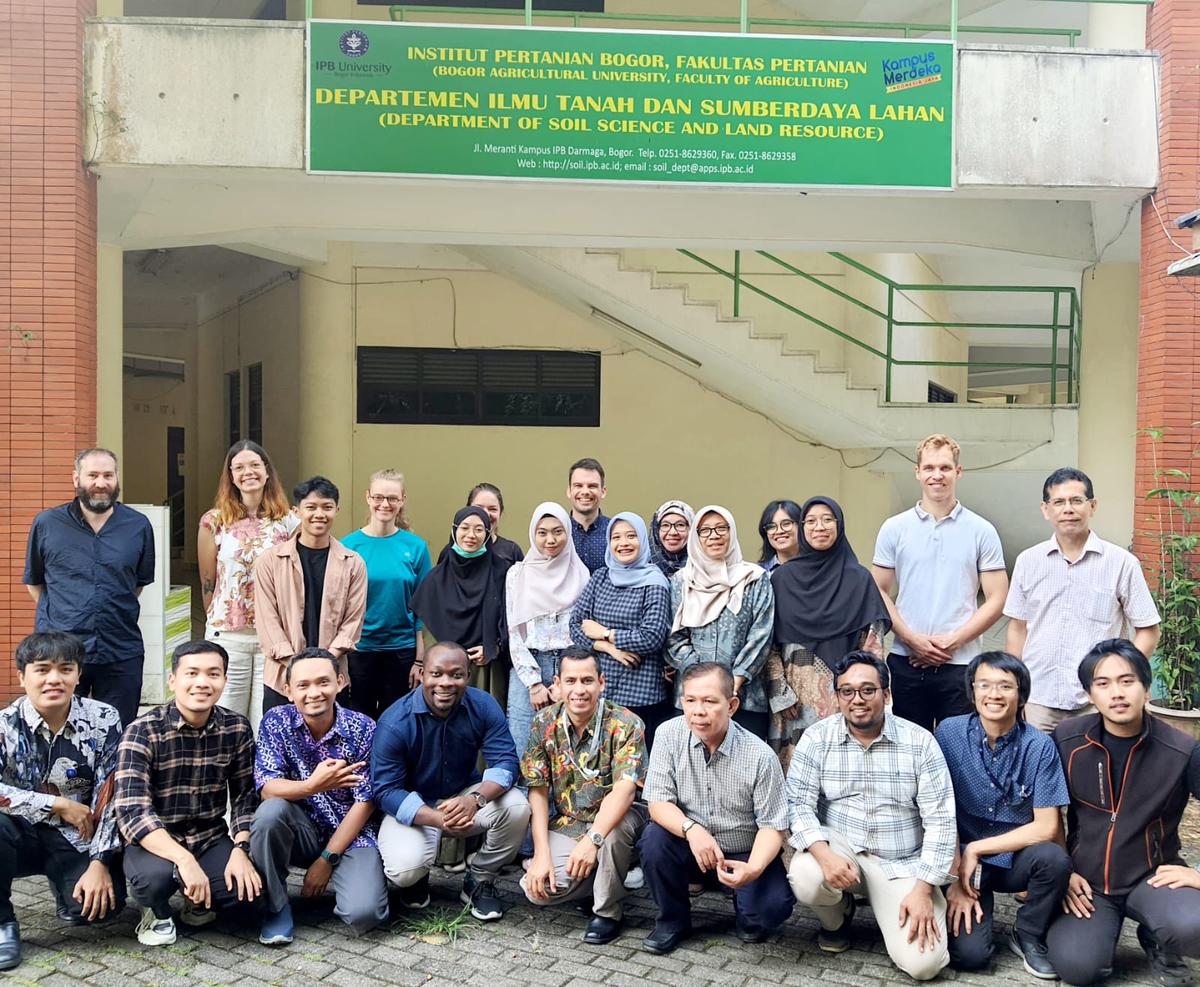 Workshop participants
Workshop participants
In collaboration with colleagues from the University of Goettingen, I had the privilege of leading a two-day workshop at the esteemed IPB University in Bogor, Indonesia. Our primary objective was to impart a practical introduction to the realm of ecosystem modeling, with a keen emphasis on agent-based modeling. This workshop stands as a testament to the enduring partnership between IPB University and the University of Goettingen, reflecting our commitment to sharing modeling expertise from our Goettingen team in exchange for the invaluable support and local wisdom in rainforest management that has significantly enriched our research project over the years.
Our endeavor revolved around the introduction of the open-source modeling platform, NetLogo, designed for the creation of agent-based models. Over the course of this workshop, our enthusiastic participants embarked on a journey of discovery, learning to conceptualize, implement, and evaluate simple models. To elucidate our teachings, we utilized an established model that delved into the complexities of tropical land-use change on the island of Sumatra. Notably, no prior modeling or programming skills were prerequisites for this introductory course, making it accessible and engaging for all attendees.
Ecosystem modeling, notably agent-based modeling, has become an increasingly popular technique for exploring questions in ecology, biology, and social science. Agent-based models are simulation models that investigate how the local interactions of individual agents lead to higher-level dynamics. These agents can represent a variety of entities, including plants, animals, humans, or other objects. In the field of ecology, individual-based models are exemplified by forest models, where the growth of individual trees is influenced by competition with neighboring trees, and fish school models, in which the collective movement of fish swarms emerges from the behavior of individual fish. Agent-based models related to land-use change incorporate the decision-making processes of human agents and sometimes even interactions between these agents. These models help us examine the impact of human actions on the environment at the landscape level, bridging the gap between social and environmental processes.
